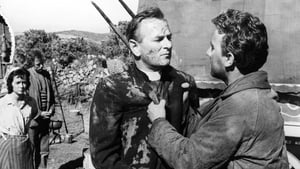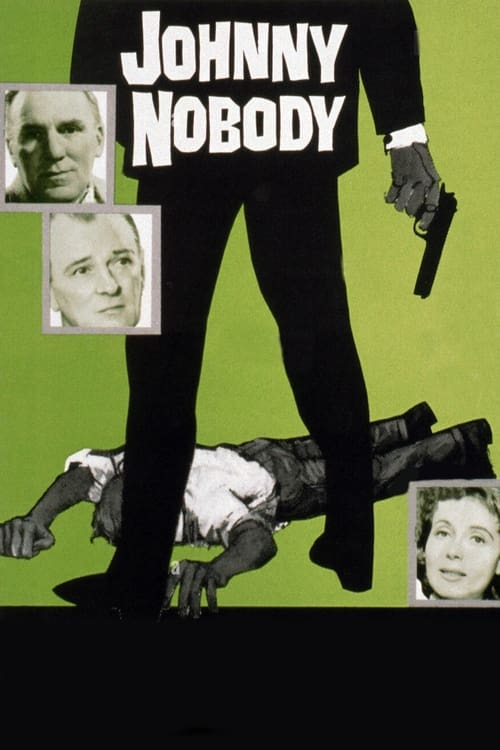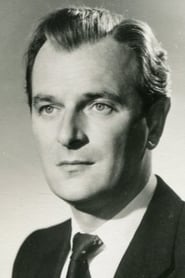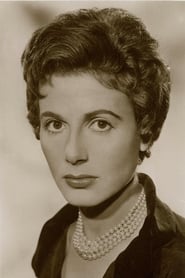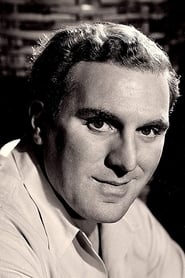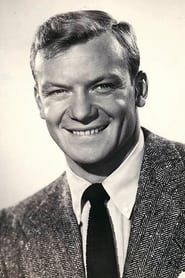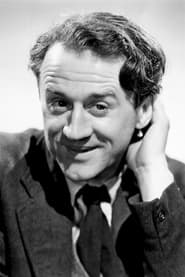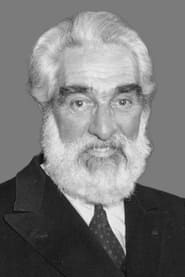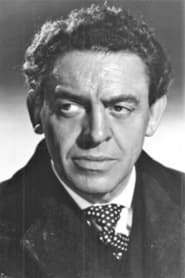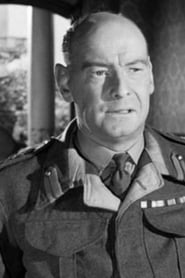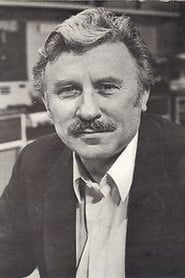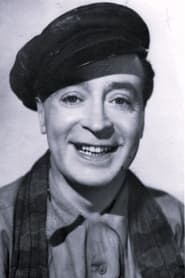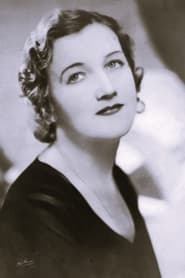Cast
View AllNigel Patrick
as Father Edward John Carey
Yvonne Mitchell
as Miss Mary Floyd
William Bendix
as James Ronald Mulcahy
Aldo Ray
as Mark Wheeler (aka Johnny Nobody)
Cyril Cusack
as Prosecuting Counsel O'Brien
Bernie Winters
as Photographer
Niall MacGinnis
as Defending Counsel Sullivan
Noel Purcell
as Brother Timothy
Eddie Byrne
as Landlord O'Connor
John Welsh
as Judge
Joe Lynch
as Tinker
Jimmy O'Dea
as Postman Tim
Frank O'Donovan
as Garda
T. P. McKenna
as Garda
May Craig
as Tinker's Mother
Crew
Director
- Nigel Patrick
Writer
- Albert Z. Carr
- Patrick Kirwan
Producer
- John R. Sloan
Reviews
CinemaSerf
"Mulcahy" (William Bendix) is a bit of a stirrer. Amidst a deeply religious Irish community, he invites the wrath of god by daring the deity to strike him down. To the shock of the crowd, that's exactly what happens. Thing is, it isn't a thunderbolt - but a bullet fired from a gun by a bystander. He makes no attempt to escape, and only adds to the enigma when the police can find no clue as to his identity. He (Aldo Ray) claims amnesia - not divine intervention - and looking the gallows fairly and squarely, he has to rely on the local "Fr. Carey" (Nigel Patrick) to try to put together the pieces. I did quite like the subject matter - and as we proceed to the courtroom aspects of the plot, the writing does raise quite a few interesting questions about the role of religion - and God - in the judicial process, and these are well posed by defending counsel Niall MacGinnis to the judge (John Welsh). Sadly, though, the story hasn't quite the courage of it's potential convictions and the last twenty minutes or so fall firmly into the standard pattern of crime-noir and that rather disappoints. Still, Nigel Patrick's direction keeps it all moving along well enough and he has assembled a reliable and solid cast of familiar, and personable, faces to help this into the top tier of standard Saturday afternoon features.
Mar 14, 2024
Thematic Analysis
Johnny Nobody represents a fascinating example of Crime/Mystery cinema, offering viewers a unique perspective on the human experience and societal structures. The film's approach to its themes demonstrates a creative vision that distinguishes it within its genre.
Director Nigel Patrick brings their distinctive visual style to this film, continuing their exploration of themes seen in their previous works while adding new elements. Their approach to pacing and visual storytelling creates a viewing experience that rewards close attention.
Released in 1961, the film exists within a cultural context that now offers viewers historical perspective on the social issues of that era. Its reception demonstrates the diverse reactions to its artistic choices and its place in cinema history.
Did You Know?
- The production of Johnny Nobody took approximately 6 months from pre-production to final cut.
- The final cut of the film runs for 88 minutes, though the director's initial assembly was reportedly 117 minutes long.
- The director insisted on using practical effects whenever possible, reserving CGI for only the most necessary scenes.
- Several scenes were filmed in multiple locations to capture the perfect setting.
- The musical score contains over 44 unique compositions.
Historical Context
- In 1961, when this film was released:
- Social and cultural revolution was transforming Western societies.
- The Vietnam War was becoming increasingly controversial.
- The film industry was dominated by major studios, with independent cinema still in its early development.
How This Film Stands Out
While Johnny Nobody shares thematic elements with other films in its genre, it distinguishes itself through its unique approach to storytelling, visual style, and character development.
Unlike Se7en, which takes a more conventional approach to its subject matter, Johnny Nobody subverts genre expectations by exploring its themes with greater nuance.
While films like The Name of the Rose and The Godfather explore similar territory, Johnny Nobody stands apart through its deeper exploration of its central themes and more complex characterization.
This film's unique contribution to cinema lies in its bold artistic choices and willingness to challenge viewer expectations, making it a valuable addition to its genre.
Details
- Release Date: October 1, 1961
- Runtime: 1h 28m
